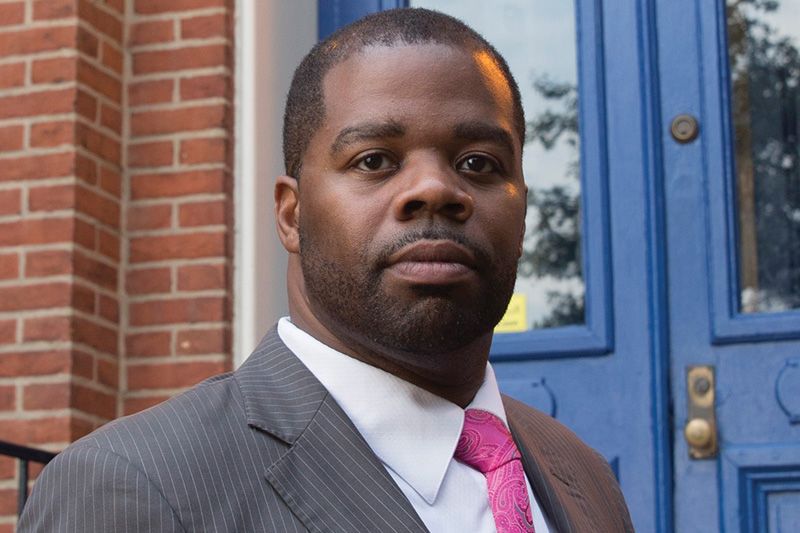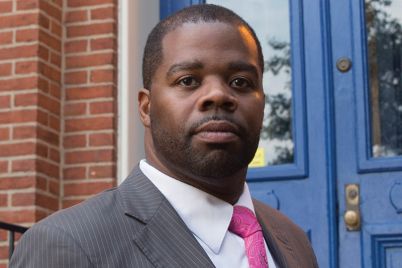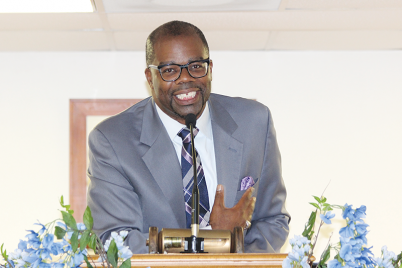“But if you do not forgive others their sins, your Father will not forgive your sins (Matthew 6:15).”
Prayer changes your way of behaving from holding on to negativity to releasing it and letting it go. Prayer motivates you to forgive. When you truly receive God’s grace, mercy, and forgiveness, you desire to give it to someone else. Jesus, the Perfect Pattern, quantified forgiveness. He gave forgiveness the number 70×7, which equals 490. He commanded his disciples to forgive that many times. The purpose of the number was to show the importance of not keeping count of others’ infractions or the number of times that you had to forgive them.
Paul, an apostle of Jesus Christ, further built on Jesus’ foundation when he emphasized that love does not keep a record of wrong (I Corinthians 13:5). Love also does not keep a record of right. When you keep records of the good that you do for people, it makes it challenging to forgive when they do not return the favor or show their appreciation. Do things for people from your heart without the expectation of anything in return. Give cheerfully, freely, and liberally with no strings attached.
Paul also expanded the idea of forgiveness. He encouraged Christians “not to let the sun go down on your wrath”(Ephesians 4:26). God did not create you to carry things from day to day, week to week, month to month, and year to year. Just as your body digests food and beverages and excretes waste, forgiveness is the release process of the soul. Digest each experience by getting the vitamins and nutrients from it. Then release your emotions attached to the experience so that you have room to receive the lessons and blessings from your next experience. Some people forgive throughout the day. Others do it at night before they go to sleep. Many do it in the morning during their journal time.
Using the Prayer Tool of Forgiving as symbolized by the vice grip pliers, develop or review your forgiveness plan (how you plan to incorporate forgiveness into your daily schedule).










